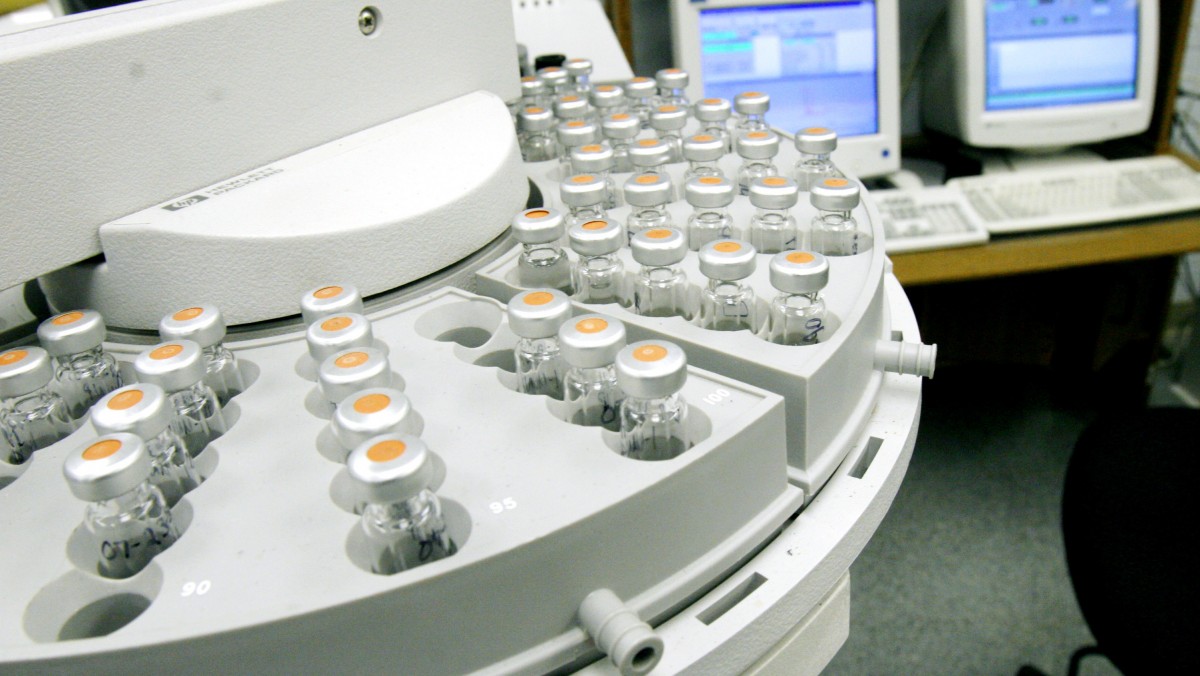
(MintPress) – George Allen, a Missouri resident, served 30 years in prison for a crime he did not commit. After being freed last week based on a review of DNA evidence, groups continue to push for more transparent scrutiny of state crime labs in an effort to possibly free hundreds of innocents serving time for crimes that they could not have committed.
Recent reports indicate that there is grave misconduct at crime labs across the nation that continues to imperil victims mostly from poor communities of color. In a legal system based upon the “innocent until proven guilty” premise, precious few resources have been allocated to assure the accurate prosecution of criminals.
The case for a major national review is clear. The Department of Justice (DOJ) needs to conduct a thorough inventory of crime labs across the nation. At times, cases like that of the slain Troy Davis become a passing cause celebre of those opposed to the death penalty. However, a broad set of policies instituting a structural violence renders other injustices invisible as innocents spend years in prisons for crimes they did not commit.
Exonerations increase
The exoneration of Cornelius DuPree Jr. last year would not have been possible without a re-examination of DNA evidence. DuPree, like many victims of the U.S. justice system, was imprisoned wrongfully for crimes he could not have committed.
The 51-year-old inmate was convicted 31 years ago for the rape and robbery of a Dallas woman. However, after battling his conviction through the courts, DuPree was freed last year. Although he could have served a shorter amount of time if he had plead guilty to the charges, DuPree maintained his innocence throughout the protracted legal battle.
Under state law, DuPree is eligible for $80,000 compensation for each year spent in prison, or a lump payment of $2.4 million. However, the compensation, no matter how generous, can never return decades of lost years to DuPree’s life.
Simply having the evidence on file is the first step toward liberation. “The evidence — decades after it was collected — was there to test,” said District Attorney Craig Watkins when speaking about the case. In many of these decades old cases, forensic DNA examination was in the early, nascent stages.
As the science advances, more accurate examination of the evidence is possible. However, in many states, crucial evidence that could lead to exonerations is destroyed or tampered with.
Unlike Texas, Mr. DuPree’s home state, there are 16 states that do not require the preservation of key DNA evidence that can exonerate the wrongfully accused. This compounds the problem of poor oversight that has created a broader push for change by advocacy and rights groups.
The case for review and reform
The proliferation of misconduct in crime labs across the U.S. has made clear that there needs to be a new autonomous review board investigating procedures and the handling of sensitive DNA evidence. The National Academy of Sciences appealed for this type of review three years ago. However, the request has mostly fallen on deaf ears.
In many states, lab employees report directly to law enforcement, creating a subordinate power structure that can skew what should be independent scientific research in favor of the prosecution.
“We seem to believe in this country that forensic work is the property of the police department and the district attorney and it should not be. If it’s science that should be done by independent scientists,” said Marvin Schechter, a defense attorney and adviser to the National Academy of Sciences report.
New York State is currently the only state to have independent oversight of their crime labs. Although New York relies upon a credible national oversight agency called the American Society of Criminal Lab Directors Laboratory Accreditation Board (ASCLD/LAB), the Empire State is still far from having proper oversight.
However, when ASCLD comes to inspect a laboratory, it generally announces its visit well in advance, allowing lab techs to hide any misconduct in advance of the inspection.
Until such time as there is complete separation between lab operations and oversight, piecemeal justice projects will attempt to restore a semblance of justice to a broken, imperfect legal system.
The Innocence Project
These failures have not gone unnoticed as legal defense projects have attempted to restore justice in hundreds of cases where the wrongfully accused have served time in prison for crimes they did not commit.
The Innocence Project is a non-profit legal defense clinic associated with the Benjamin Cardoza Law School at Yeshiva University in New York City. Founded in 1992, the defense clinic has helped free 301 victims of legal injustice, including most recently, the liberation of DuPree.
However, after help from the legal team at the Innocence Project, Allen was freed from prison last week in a triumphant victory for the Missouri man and his family.
“This case has uncovered serious misconduct by the lead detective and by the serologist who testified against Mr. Allen even though there was compelling evidence of his innocence,” said Barry Scheck, co-director of the Innocence Project.
Scheck added, “Instead of wasting resources on an appeal, the state should conduct an independent audit of all the cases handled by the detective and the serologist to ensure that others weren’t wrongly convicted for crimes they didn’t commit.”
These restorative justice projects are only capable of examining a handful of cases in which victims of structural state violence serve time for crimes they did not commit. A full accounting of state resources followed by transparent reputable crime labs is the only way to ensure transparency and accuracy in future DNA analysis.


